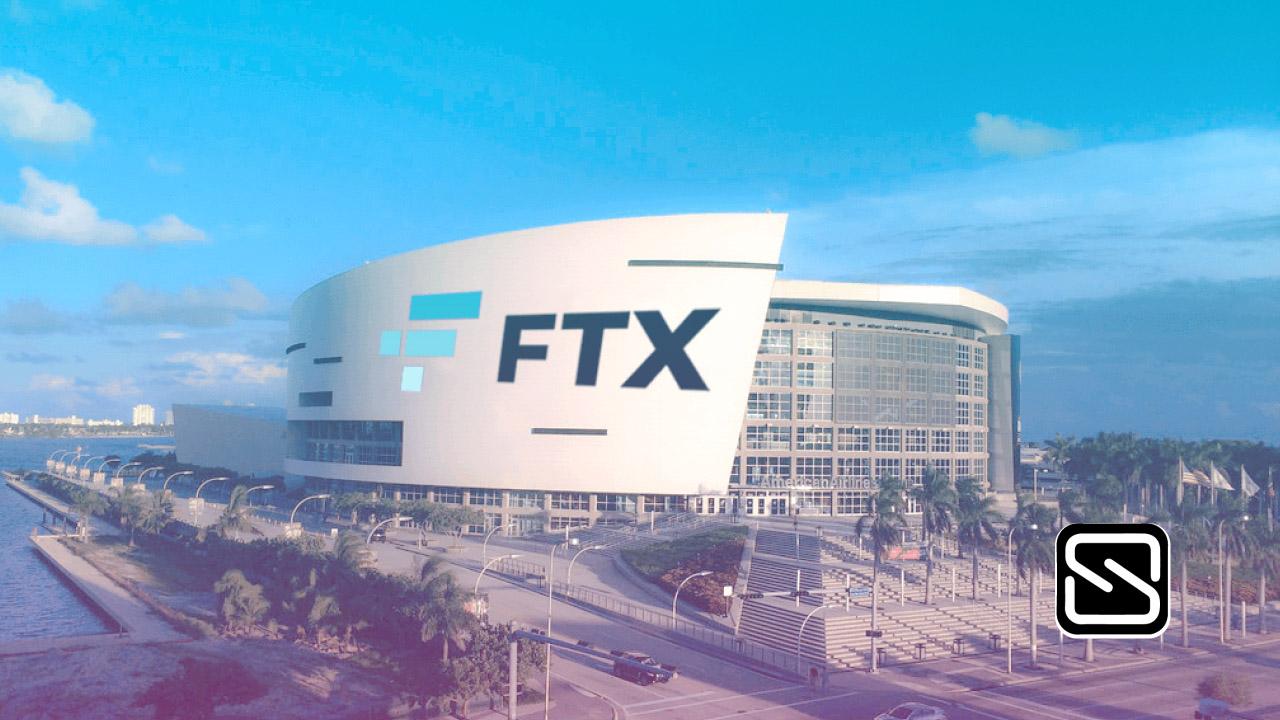FTX Accuses Former Executive of Using ‘Hush Money’ to Silence Whistleblowers
The lawsuit claims the former compliance officer, Daniel Friedberg paid whistleblowers to stop them from exposing the true fraudulent nature of the exchange.
By Staff
Cryptocurrency exchange FTX has filed a lawsuit against its former regulatory and compliance executive, Daniel Friedberg, alleging that he orchestrated a series of payments to prevent employees from exposing the exchange’s internal issues. FTX’s complaint, filed on June 27, claims that Friedberg acted as a “fixer” for FTX co-founder Sam Bankman-Fried, with Bankman-Fried’s father advocating for Friedberg to be given a central role within the organization.
According to FTX, Friedberg made “hush money” payments to two potential whistleblowers, aiming to prevent them from disclosing information about regulatory concerns and the alleged close connections between FTX and Alameda, a related entity. The lawsuit details one incident where Friedberg retained the attorney of a whistleblower after paying them off, effectively ensuring their silence.
In the 40-page legal filing, FTX levies 11 civil charges against Friedberg, including allegations of breaching legal duties and approving fraudulent transfers and “loans” to other former FTX executives. Throughout his 22-month tenure at FTX, Friedberg received substantial compensation, including a $300,000 salary, a $1.4 million signing bonus, a separate $3 million cash bonus, an 8% equity stake in FTX US, and cryptocurrency holdings valued at tens of millions. FTX is seeking to recover these assets.
Certain portions of the complaint, particularly those related to the amounts paid to the whistleblowers, have been redacted. However, the lawsuit describes an extraordinary settlement of undisclosed value given to a female FTX US employee referred to as “Whistleblower-1,” who worked for less than two months at the exchange. FTX claims that the settlement was in response to a demand letter from Whistleblower-1, alleging that Alameda was merely an extension of FTX, designed to boost investor confidence in FTX projects and increase the prices of projects developed or invested in by FTX. The complaint also suggests that sensitive company information was openly shared on Slack, allowing employees to make trades based on non-public information.
Furthermore, the lawsuit highlights another instance where Friedberg terminated an attorney, referred to as “Whistleblower-2,” who raised concerns about governance and regulatory issues within Alameda, a company associated with FTX. The person received a redacted severance package despite working at Alameda for less than three months.
Recent reports have further implicated Friedberg, with FTX’s restructuring chief accusing an unnamed senior attorney of facilitating and concealing the mingling of customer funds. The Wall Street Journal, citing insider sources, identified Friedberg as the individual in question. Friedberg has also been reported as providing information to investigators from the U.S. Attorney’s office.
Additionally, a class action lawsuit involving celebrities who allegedly promoted FTX includes evidence provided by Friedberg that potentially undermines key defenses made by some of the defendants.
The legal battle between FTX and its former executive raises concerns about governance and regulatory issues within the exchange and its associated entities.
